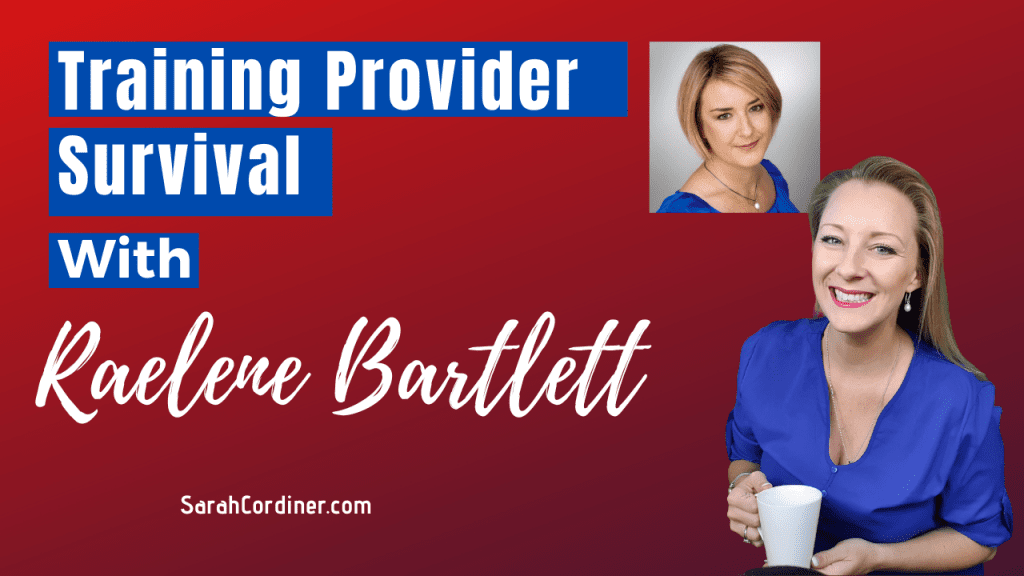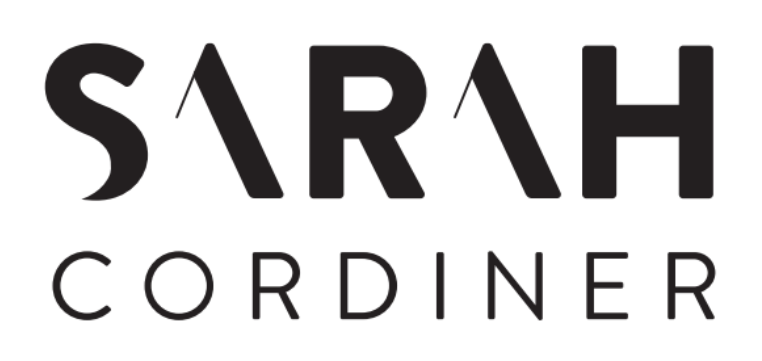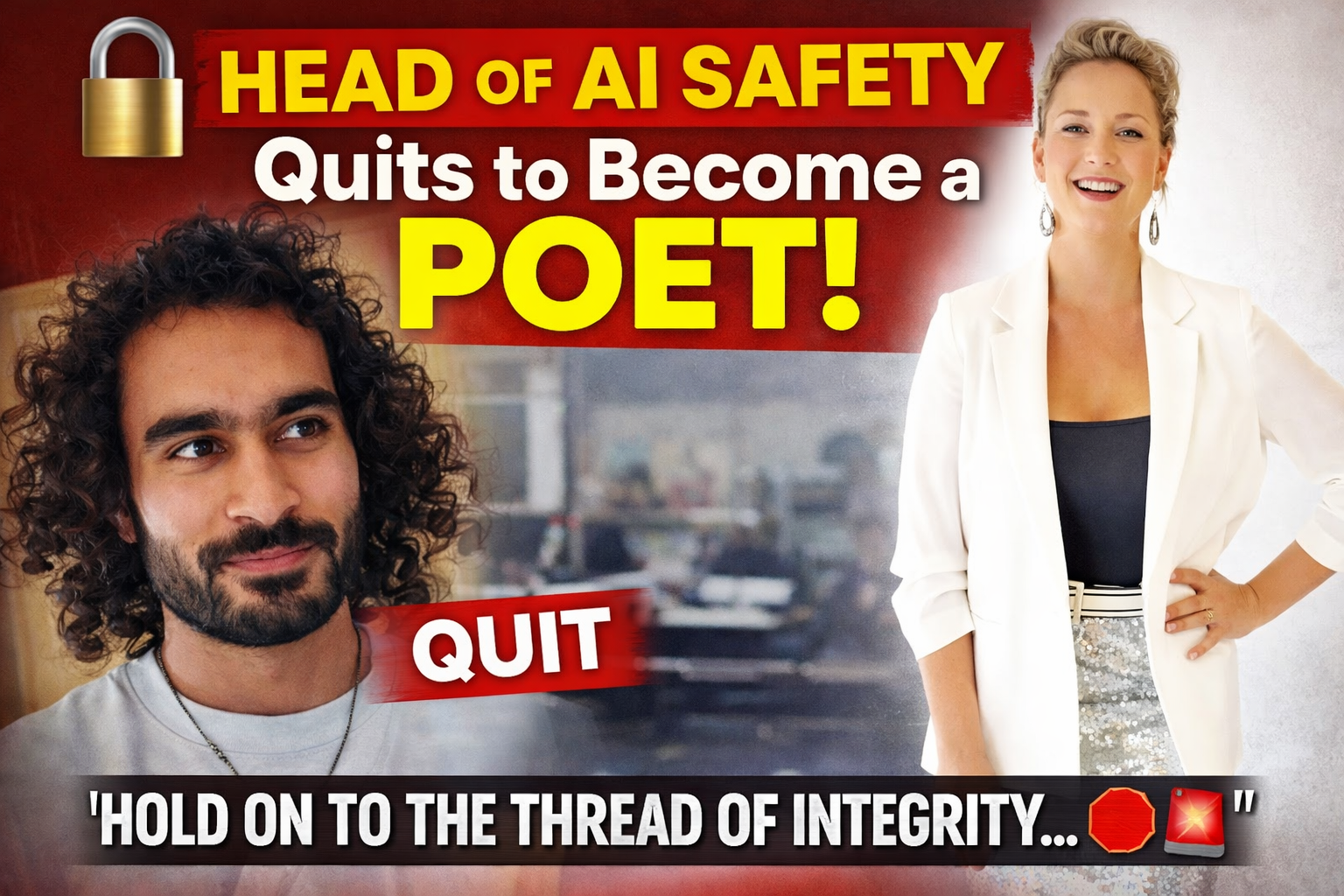The Course Creators
Podcast
Training Provider Survival, an Interview With Raelene Bartlett
Get Sarah's FREE Course Creation & Business Growth Training
Training Provider Survival, an Interview With Raelene Bartlett

Shownotes
Traditional training organisations have faced a HUGE shift since co-vid hit in 2020.
Many were providing face to face training and had classrooms filled with learners every day – particularly those who had corporate and Government contracts.
THOUSANDS of RTOs were forced into shut down in 2020 as a result of harsher legislative requirements enforced by ASQA and the impact of COVID-19.
So how can those that are still going survive?
Going online of course!!
Raelene and I have been friends for quite some time, working in the registered training organisation space.
Raelene Bartlett is the CEO and owner of RTO Doctor, and is a specialist in RTO compliance, as well as being a qualified legal advisor in the RTO compliance space, and international CRICOS space as well.
Today, we’re going to have a chat about some of the basics around how to survive as an RTO in the face of a changing world.
Watch the Video-cast Here:
Resources
- How to Create Profitable Online Courses
- Join Sarah Cordiner’s Email Community (FREE!)
- RTOdoctor.com.au
Subscribe To My Podcast
Transcript
Raelene and I have been friends for quite some time, working in the registered training organization space. Raelene Bartlett is the CEO and owner of RTO Doctor, and is a specialist in RTO compliance, as well as being a qualified legal advisor in the RTO compliance space, and international CRICOS space as well.
Raelene and I have worked closely for a very long time in supporting registered training organizations, and, indeed, non-accredited training providers, private training providers, to ensure they are delivering quality training, and within the guidelines of the various accredited bodies, and registered bodies. I myself have been a director of a university, and so both of us are coming at you today.
Today, we’re going to have a chat about some of the basics around how to survive as an RTO in the coming days and weeks. I’ve been fielding a lot of inquiries from different providers over the last couple of days: “How do I stay afloat financially, when financial viability is one of the key requirements for registration as an RTO?” And particularly in the space where they’ve been just a short-course provider, or they’ve only ever done face-to-face training, they just don’t know how to get over to an online space quickly and effectively. I’ve also been talking to a lot of providers about stepping into the non-accredited training space, because just because someone is a registered training organization, it doesn’t mean that all of their eggs have to be in one basket. There is a huge amount of opportunity available to everybody in the non-accredited training space, and that is something that you are absolutely an expert in.
We have become so familiar with the way that we do business, with people finding our RTO, and following traditional pathways into deciding what courses to take. Now RTOs and all private training organizations are going to be forced to move into a bigger world of marketing if they’re going to survive, particularly now, where there’s going to be quite an increase of competition in some ways. And so really learning all of that stuff is really important as well. So we’re gonna be talking a little bit about how we can start repurposing some of this accredited training that we have into non-accredited training, so that you can actually access a global marketplace.
The first step to transitioning online
I’m gonna jump straight into one of the first places I’d suggest training providers begin when it comes to transitioning online. Now one of the benefits that training organizations have, whether you’re a registered training organization or a private provider, is that you already have all of your content ready.
I would encourage you to pick the qualification, or units of competency, that are the most popular, because that will then bring you the fastest return on your investment. What I would then do is really enforce this new way of seeing how you’re going to deliver online, is that online learning needs to be bite-sized. With online learning, learners jump in and out. Their learning is done in very, very small bites.
Therefore you need to start looking at your units of competency, your qualifications, break them down into units of competency, break those down into your elements, or your performance criteria, or your skills. Make each key lesson, each key learning outcome, each key required skill or acquired knowledge, a single video for every tiny piece. And try your best to keep each of those videos as short as you can.
How to record videos
Then, I would recommend, in terms of how do you do that video? Best way, most engaging, highest completion rates, are gonna be having your trainer’s face on camera. It’s a real shift in a skill set, so all I can say is practice!
There is another reason why filming those videos in short little bites is also really, really important. Because that way, your trainer only has to remember that one key thing we’re going to teach, they film the video, they stop the video, they move onto the next part.
And the other good thing about that is you can then create mix-and-match content. Your learners can start to create their own pick-and-mix content that they wanna learn from. You can pop all of this content up into an academy, and people can pay a subscription to access all of it, rather than just the one qualification or the one unit of competency.
Create non-accredited equivalents
So from my perspective, and Raelene will speak to this after me, is I would personally, if it was my RTO, I would create non-accredited equivalents of all of my qualifications, units of competencies, and skill sets. I would literally teach the same content, exactly as it is, attach all the same workbooks exactly as they are, attach an upload all of the same assessments exactly as they are, but not make the online version an accredited course.
What I would do at the very end of that online course, I would then offer them an upsell at the end. If you pay this added-on price, you can go and do this assessment, and either get RPL or this can contribute towards a formal accredited assessment. And even once this coronavirus stuff is out of the way, we can still sell those courses later down the track.
This is a perfect opportunity as well, through the online environment, to collect evidence of knowledge and things that you’ve developed, and the application of that knowledge and skills, and to be able to show how it has impacted your ability as a trainer and assessor to deliver your classes. There’s just so much scope here for people to really catch up, and to get all of their eggs out of one basket, and the scope for non-accredited training is so large and broad, using tools and resources that people already have. There is no reason why, in this day and age, with all of the resources that RTOs have, that they should be closing down in this current environment.
Automate and tidy up your business
And another tip would be, for those of you who are finding the time to be a little bit quieter at the moment, you can be using this time to automate and tidy up your training provider business. So one of the things you could be doing, for instance, is you could start putting your own staff training online. You can start putting instructional videos together for your current and future trainer assessors.
Also, streamline your orientation process. There is absolutely no reason why you can’t put your student orientation program online. It makes it so much easier for those international students who are waiting to come, waiting for our borders to reopen. You can already provide them with the orientation program online.
Online summit for training providers
We have put together the Training Provider Survival Summit. And between Raelene and I, we’ll be bringing together a number of different experts, who will be talking all about how we can actually use this changing global situation. Because this will be the future, this isn’t going to be something that goes back to normal. There will be no business as usual when it comes down to providing training. Things are changing now, and they are changed forever, and we want to bring you the most up-to-date information, practical tips, practical online workshops, of exactly what you can do and implement right now.
At the moment we are in the very embryonic stages of planning and preparing this, so we would love to hear from you. Do you want to be a speaker? Do you have an area of expertise that will help people, not only with surviving the situation, but going on to adjust to the new normal of training delivery? If so, please go to SarahCordiner.com/summit, fill in the form and let us know what you can present on.
If you are interested in being an attendee and coming and learning from all these experts, we would love to hear from you, what topics you would love to hear about. What training do you want? What workshops do you want? What information do you need right now? What would be the best advice, or the questions answered, that you could get right now, that will help you get through this situation, and what do you need to know that will help you survive and continue after this situation?
BECOME AN EXPERT IN YOUR INDUSTRY
Whether you love to learn how everything works yourself to master course creation and expert-based business skills for life;
want to join a group of like-minded people to enjoy the course creation journey with;
or you just want the entire job done for you - I can help you design, develop and publish high-quality online courses in any industry on your own custom created online school, complete with all of your marketing integrations set-up and running.
There are 3 main ways to become a stand out expert in your field with your own courses, books, services, consulting, speaking and industry presence:













